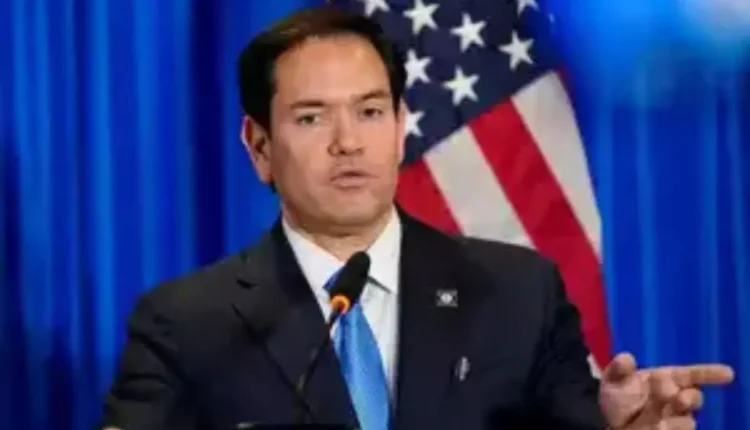Rubio Issues Stern Warning to Foreign Nationals Amid Rising Pro-Palestine Protests
Marco Rubio Warns Visa Holders: Pro-Palestine Protests Could Lead to Deportation
In a bold and highly controversial move, US Secretary of State Marco Rubio has issued a sharp warning to visa holders, green card holders, and international students participating in pro-Palestine protests across the United States. In a fiery op-ed published in Fox News over the weekend, Rubio declared that foreign nationals cannot rely on the First Amendment to shield actions the US government views as support for designated foreign terrorist organizations.
“Visiting America is not an entitlement, but a privilege,” Rubio emphasized. His message comes as protests, particularly over the ongoing Gaza war, swell across university campuses and major corporations like Microsoft, bringing foreign nationals into the spotlight of US immigration enforcement.
Tightening the Lines Between Free Speech and Immigration Law
Rubio’s editorial strikes at the heart of an increasingly delicate intersection between civil liberties and national security. He argued that while the First Amendment protects freedom of speech and peaceful assembly, those protections are not absolute for non-citizens.
“The US Supreme Court has made clear,” Rubio wrote, “that visa holders or other aliens cannot use the First Amendment to shield otherwise impermissible actions taken to support designated foreign terrorist organizations like Hamas, Hezbollah, or the Houthis.”
The warning is not merely rhetorical. Rubio detailed possible repercussions for those who, in the government’s view, cross the line: visa denials, revocations, and even deportation. That could affect international students on F-1 visas, skilled workers on H-1B visas, and even legal permanent residents holding green cards.
Why Pro-Palestine Protests Are Under Scrutiny
Protests demanding a ceasefire in Gaza have surged nationwide, many organized or heavily attended by international students and tech workers. What began as peaceful vigils has, in some cases, escalated into occupations of university buildings and confrontations with law enforcement.
Government officials claim they are particularly concerned about protests that involve slogans, banners, or activities that could be interpreted as support for groups like Hamas — officially designated as a Foreign Terrorist Organization (FTO) by the US State Department. Supporting an FTO, even indirectly, can carry significant legal consequences under American law, particularly for non-citizens.
This heightened scrutiny reflects a broader shift in US immigration and national security policy: a warning that political expression by foreign nationals is not without risk when it is perceived to endorse or aid terrorist activities, even symbolically.
Growing Tensions on Campuses and in Workplaces
The implications of Rubio’s warning are already rippling through academia and industry. Several universities have issued internal memos cautioning international students to be mindful of the legal risks associated with political activism. Tech giants, including Microsoft and Google, have quietly begun reviewing employees’ conduct at protests, mindful of potential liability and government pressure.
Critics argue that Rubio’s stance threatens to chill legitimate free speech and conflates political criticism of Israel with support for terrorism. Civil rights groups warn that such policies could foster a climate of fear, where foreign students and workers feel unsafe exercising even lawful forms of protest.
However, supporters of Rubio’s position insist that America must maintain strict boundaries to protect national security, especially during times of international conflict.
Also Read : Manu Prakash: Crafting Low-Cost Scientific Tools to Empower Every Corner of the Earth

